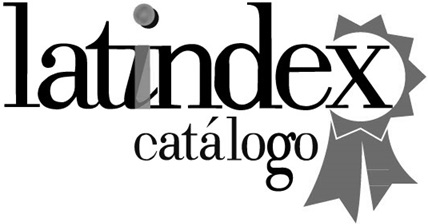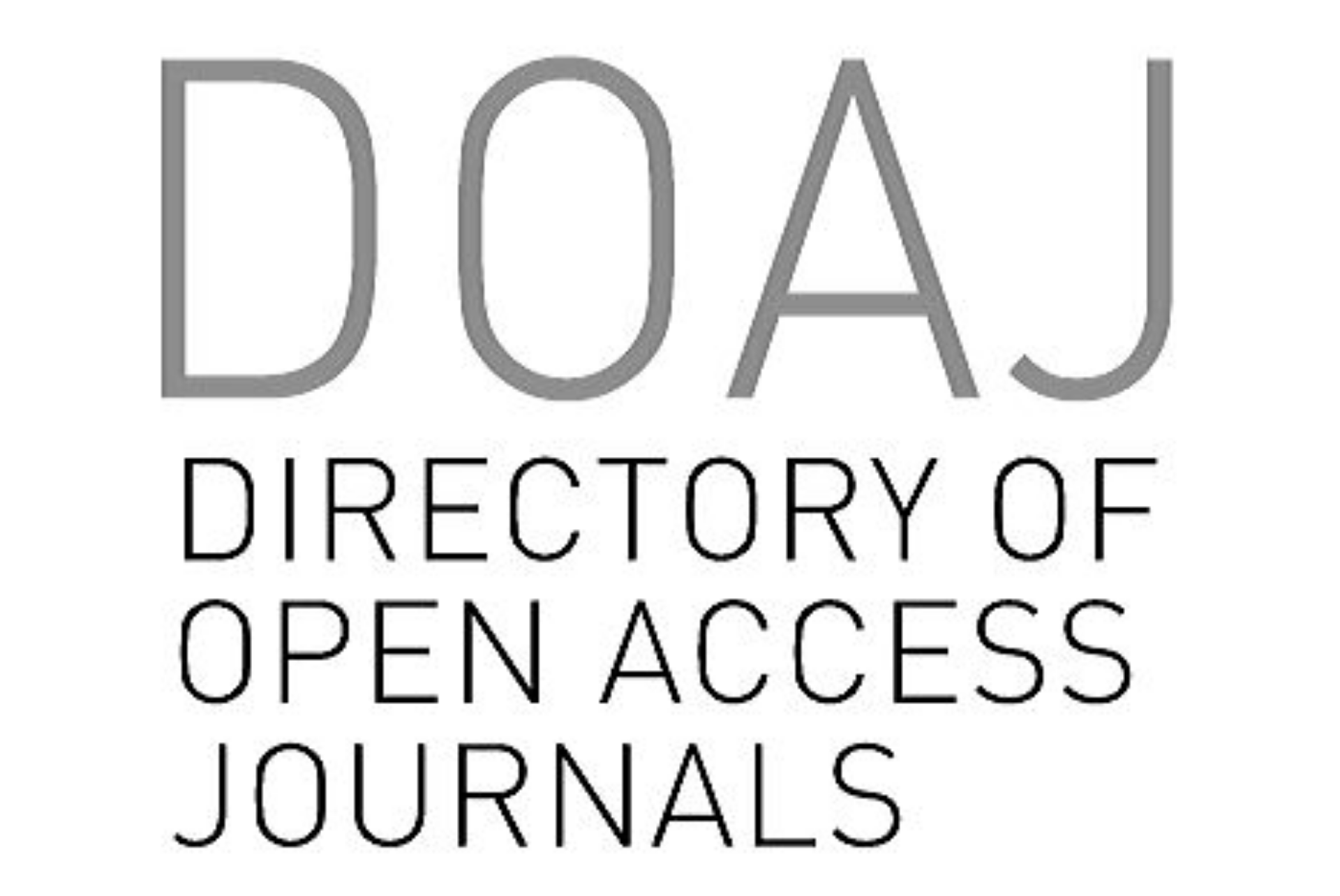WRITING CONSTITUTIONAL HISTORY FROM BELOW: THE CONTRIBUTION OF POPULAR PETITIONS TO THE ARGENTINE CONSTITUENT ASSEMBLY OF 1949
DOI:
https://doi.org/10.21708/issn2526-9488.v6.n12.p143-163.2022Abstract
Traditional constitutional history favors expert voices and a statist view of law. Its favorite sources are, logically, the official ones. Most of the Argentine constitutional history does not deviate from this description. It focuses on the 19th century, prioritizes secondary sources, legitimizes power without questioning it, and reproduces an abstraction that hides the previous exclusion of groups such as women, workers, and indigenous people, among others. Inspired by the perspective of the critical legal history and history "from below", this text aims to highlight the importance of revisiting constitutional history by recovering unqualified voices of law such as that of the popular classes. To illustrate this, it presents the case of the Argentine constitutional experience of 1949. In this context, hundreds of collectives presented petitions to the constituent assembly in Buenos Aires, expressing their proposals for constitutional reform in a largely spontaneous manner. What these demonstrations show are the meanings and expectations that these ordinary people had about the constitutional law that, we understand, they are also part of that constitutional history and enrich it.
Downloads
Downloads
Published
Issue
Section
License
Copyright (c) 2023 UFERSA's Law Review

This work is licensed under a Creative Commons Attribution-NonCommercial-NoDerivatives 4.0 International License.
Ao enviarem seus artigos, os autores concordam com os seguintes termos: 1. Cede-se à REJUR, gratuitamente e sem regime de exclusividade, seus direitos autorais; 2. Confere-se à REJUR os direitos de primeira publicação, permitindo-se o livre compartilhamento dos artigos veiculados em formato PDF; 3. Divulgações posteriores em periódicos, livros, obras coletivas ou eventos de qualquer natureza devem fazer referência à REJUR como meio de publicação original; 4. Os autores são responsáveis pelo conteúdo constante de seus textos; 5. o trabalho será licenciado também sob a Licença Creative Commons Atribuição-NãoComercial-SemDerivações 4.0 Internacional.













